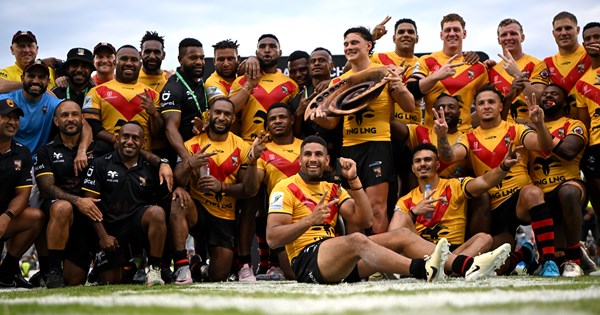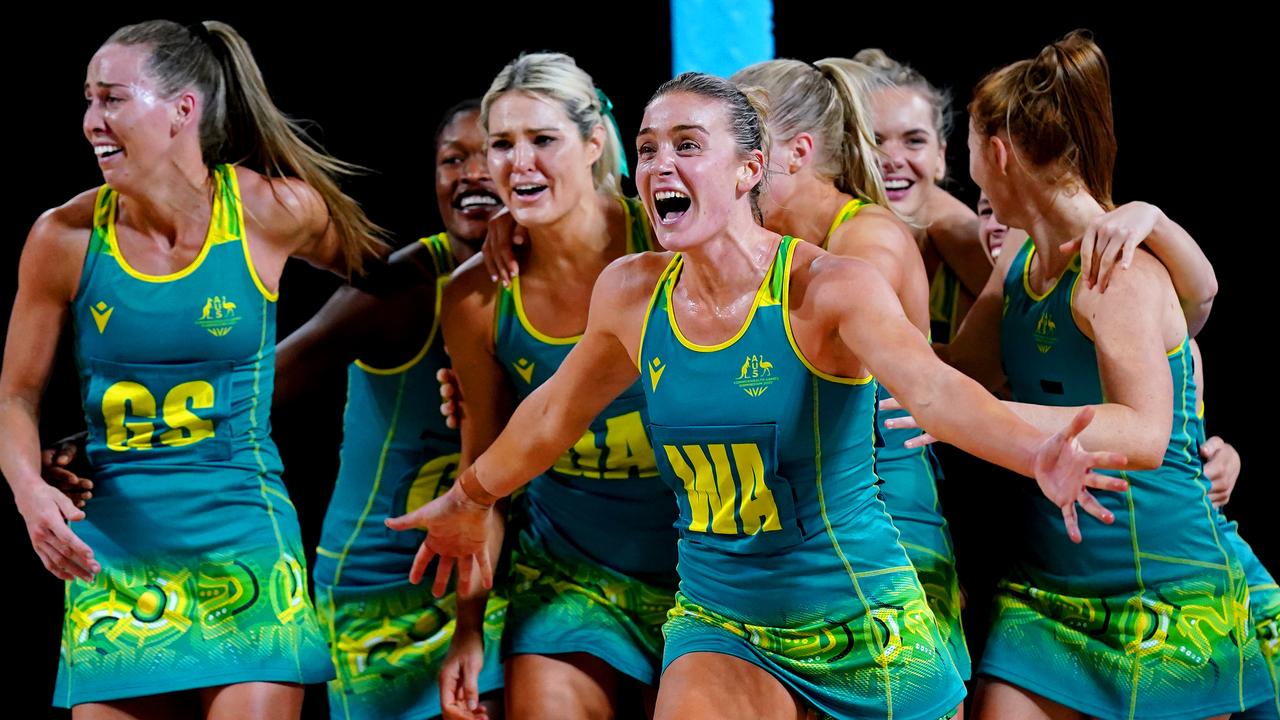Lia Thomas has become the first transgender woman to win the US National Collegiate Athletic Association (NCAA) swimming championships.
Thomas made history last week after winning the 500-yard freestyle event, however the win has catalysed various global debates.
Prior to competing for the women’s team and breaking multiple records, the University of Pennsylvania senior competed on the men’s team for three years.
Leading up to the championships, a great deal of uncertainty surrounded Thomas’ competition eligibility, after the NCAA’s committee for ‘Competitive Safeguards and Media Aspects of Sports’ released an inquiry providing recommendations for NCAA’s future policies.
The inquiry recommended NCAA adopt USA Swimming’s policy which requires transgender women athletes to undergo at least 36 months of hormone therapy and to provide evidence to a panel proving they don’t have a competitive advantage from being assigned male at birth.
Had the NCAA employed the report’s recommendations, Thomas, who had only received 33 weeks of hormone therapy at the time, would have been barred from the competition.
Following the proposed policy changes, over 300 current and former NCAA, Team USA and international swimmers and divers signed an open letter to the NCAA in support of Thomas competing at the championships.
Following Thomas’s win, World Athletics president, Sebastian Coe, has said he believes incorrect policy handling could lead to the unravelling of women’s sport.
“I think that the integrity of women’s sport – if we don’t get this right – and, actually, the future of women’s sport, is very fragile,” Coe said.
“These are sensitive issues, they are societal issues – they go way, way beyond sport.
“I don’t have the luxury to get into endless discussion or the school of moral philosophy,” he said.
USA Swimming’s new policy was established to reduce potentially unfair advantages and requires athletes to ensure their testosterone remains below five nanomoles per litre continuously for 36 months.
Currently, World Athletics requires its transgender athletes to have low testosterone levels for a substantially shorter time, twelve months, however Coe believes this period is too short.
“We are asking for a greater length [of time] before competition, because the residual impact of transitioning like that is more profound,” Coe said.
“There is no question that testosterone is the key determinant in performance,” he added.
Transgender rights and involvement in sport have long been a controversial topic, however the increase in transgender athletes is pushing the discussion further under the microscope with organisations and countries currently debating their own stances and policies.
Within Australia, senator Claire Chandler’s bill proposal to exclude transgender girls in sports was met with both political and social divide, with Prime Minister, Scott Morison, supporting the bill while former Tasmanian anti-discrimination commissioner, Robin Banks stated the bill is a solution to a non-existent problem.
“This is not a good piece of legislation, it will have unintended consequences and discrimination laws should be about preventing discrimination, not promoting it,” Banks said.
Transgender athletes often face prejudice and discrimination from athletes, coaches and the public, however organisation like the International Olympic Committee are introducing guidelines to create more opportunities for the transgender and non-binary community in sport.







